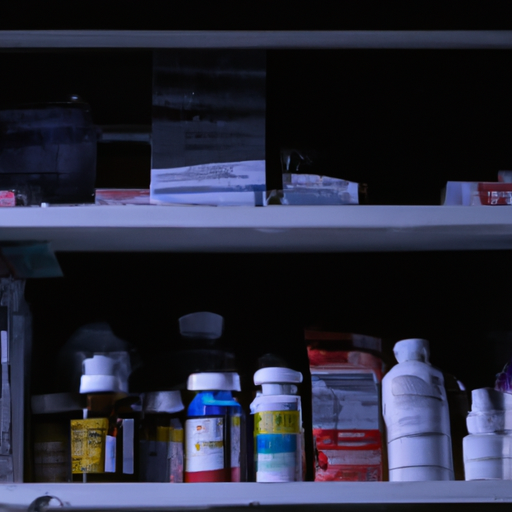The Canadian Opioid Crisis: A Closer Look at the Recent Crackdown on Unauthorized Health Stores in British Columbia
In light of the growing opioid crisis in Canada, a notable situation has unfolded in British Columbia. As noted in a recent article from The Star, a cold remedy containing opioids was found among unauthorized health products seized in a B.C. store. This emphasizes the extent of the problem, and further stresses the role of regulatory authorities in curbing its reach.
Crackdown on Unauthorized Health Products
The RCMP, in tandem with Health Canada, spearheaded an operation that led to the discovery of over 1,000 unauthorized health products; some of which contained dihydrocodeine, an opioid often used in cold medicines. The store owner was arrested for possessing illegal substances emphasizing the severity of the situation and the increasingly proactive stance from law enforcement.
The Effects of the Opioid Crisis
The widespread abuse of opioids is a crisis of considerable magnitude; it extends beyond just the healthcare sector, and has significant ramifications for communities and society at large. Key issues include:
- Increased Healthcare Burden: Opioids can cause serious health complications, leading to an increased demand for medical care and straining the healthcare system.
- Growing Homelessness: The opioid crisis contributes to homelessness, as addiction can cause individuals to lose their employment, housing, and support systems. This subsequently exacerbates issues of poverty and crime.
- Rise in Crime: Addicted individuals may resort to criminal activities to sustain their addiction, leading to an uptick in crime rates and undermining public safety.
Efforts to Combat the Crisis
To address the crisis, law enforcement and health authorities take various measures. Among these is the widespread distribution of Naloxone kits. Naloxone, an opioid antagonist, is capable of reversing the effects of an opioid overdose, potentially saving lives. Provinces such as Alberta, Ontario, and Nova Scotia have made these kits widely available, in an effort to reduce fatalities.
Additionally, Health Canada has been collaborating with the RCMP to clamp down on the illegal sale of unauthorized health products which may contain opioids. More stringent measures are also being demanded on the import and prescription of opioid-based medications, as well as support for opioid class-action lawsuits.
The Role of Community and Civic Leaders
Community and civic leaders have a pivotal role in battling the opioid crisis. By implementing proactive measures, speaking out against opioid misuse, and providing a supportive environment for recovering individuals, they can actively contribute to addressing the issue. Moreover, they should engage in dialogues to influence policies related to opioid regulation and rehabilitation programs.
Conclusion
Leaders must not underestimate the impact of the opioid crisis on Canada’s communities. The recent article from The Star is just another indicator that the crisis persists, even seeping into seemingly innocuous arenas such as cold remedies. Actions from law enforcement and regulatory authorities are commendable, but more robust measures are required.
Remember, the solution involves not only clamping down on the supply side of opioids but also addressing the demand through treatment facilities, robust community support structures, and effective opioid education. This multifaceted approach will be key to overcoming one of the most pressing health and societal concerns of our time, the opioid crisis.
